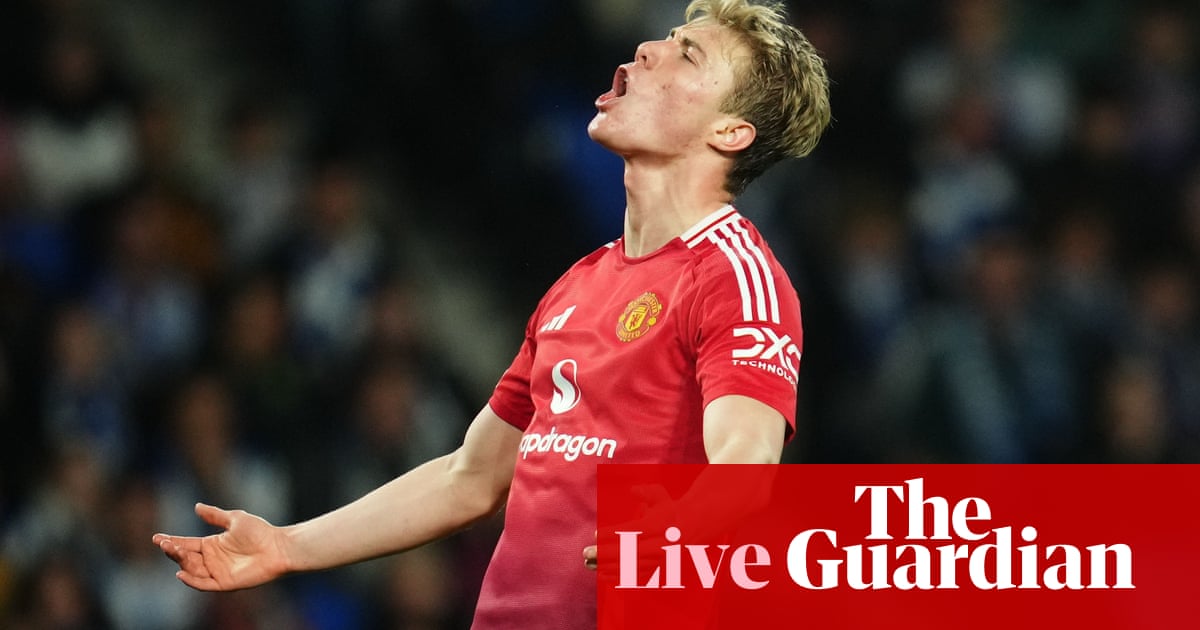Heineken blames gloomy beer sales on rainy weather during Euro soccer championship

Shares in Dutch brewer Heineken slid nearly 10% on Monday after an expected sports-led boost for beer sales failed to materialize and the company took a nearly $1 billion writedown on its Chinese investment.
The Dutch maker of Europe’s top-selling larger raised its full-year operating profit forecast but some analysts said that too was not as bullish as they had expected.
Heineken had bet on the month-long European Football Championship, held in Germany, and the Paris Olympics to boost sales. Instead, beer volumes ticked up 2.1% in the first half of the year, below analysts’ expectations of 3.4%.
“Typically big sports events like the Euro Cup have a positive impact but the weather has been significantly below long-term averages and below last year, impacting our business,” CEO Dolf van den Brink said.
Revenues rose to 17.8 billion euros for the first half, up 2.2% since the same period last year.
Operating profits before exceptional items and amortization jumped 12.5% to 1.5 billion euros.
Beer sales volumes in Europe increased 0.6% in the first half, below analysts’ expectations of 2%.
Volumes increased 1.1% in the Americas, also below the 3.1% expected rise. The company saw growth in Brazil and Mexico, and it attributed the disappointing sales to a decrease in shipments to US wholesalers.
Heineken changed its guidance for full-year operating profit growth to between 4% and 8%, from initial guidance of a low single-digit number to a high single-digit number.
The company also took a $948 million impairment charge on its investment in state-owned China Resources Beer, the country’s largest brewery. The Chinese brewer’s shares fell along with demand. Heineken currently has a 40% stake in the Chinese company.
The loss contributed to the company’s net loss of 95 million euros in the first half, down from its 1.1 billion euros profit in the same period last year.
The company, which owns brands including Amstel and Red Stripe, is also still struggling to bounce back from its drastic price hike last year – when the company faced backlash for raising the cost of packaged and draught products by 15.8% on average.
Heineken executives shared positive comments about the company’s performance at a recent conference, before revealing second quarter earnings that fell short of analyst expectations – likely causing the dip in shares.
“These results missed forecasts, suggesting there was a gap between the company’s messaging and analyst expectations,” Laurence Whyatt, an analyst at Barclays, told the Financial Times.
The brewer cited volatility as a challenge in its first half earnings report.
“Volatility remains a reality,” Heineken said. “Consumer confidence and economic sentiment in developed markets remain below their historical average.”
Many companies in the food industry have been struggling due to long-lasting inflation and low consumer spending on non-necessities. Fast food chains, for example, have been competing with one another by introducing affordable value meals to draw customers back.
“In the second half of the year, we will materially step-up investment in market and sales expenditures with notable increases in key markets,” van den Brink said in a statement.
Related
Barcelona and Bayern Munich ‘offered the chance to sign Neymar…
Neymar made an emotional return to his boyhood club Santos last monthThe 33-year-old has been linked with a European football comeback next term L
European reaction, Premier League team news and more: football –…
Key eventsShow key events onlyPlease turn on JavaScript to use this featureSouthampton: With the teams separated by 52 points, Southampton face a daunting weeke
Ineos plan for Manchester United is putting them at odds…
Sir Jim Ratcliffe is making another round of redundancies at Manchester United but the sharp drop in staff is at odds with European rivals who are adding to the











